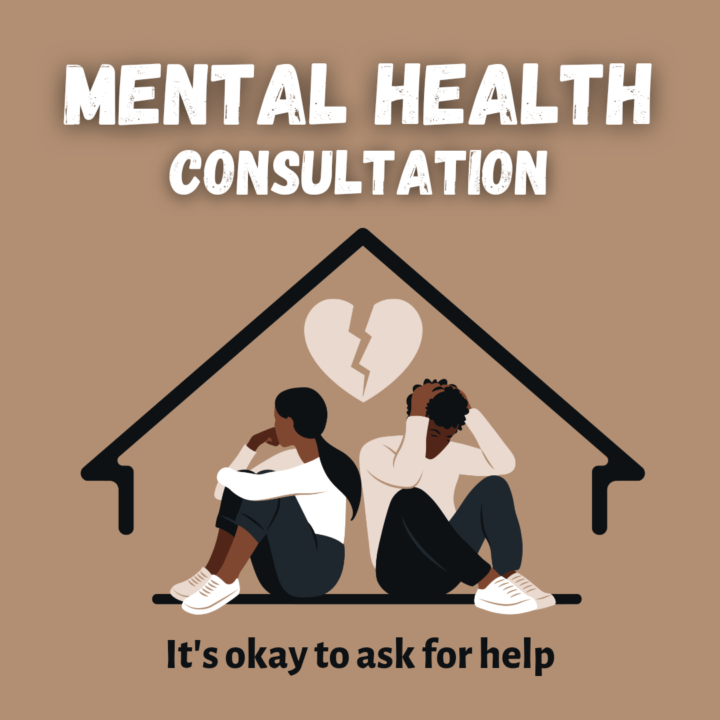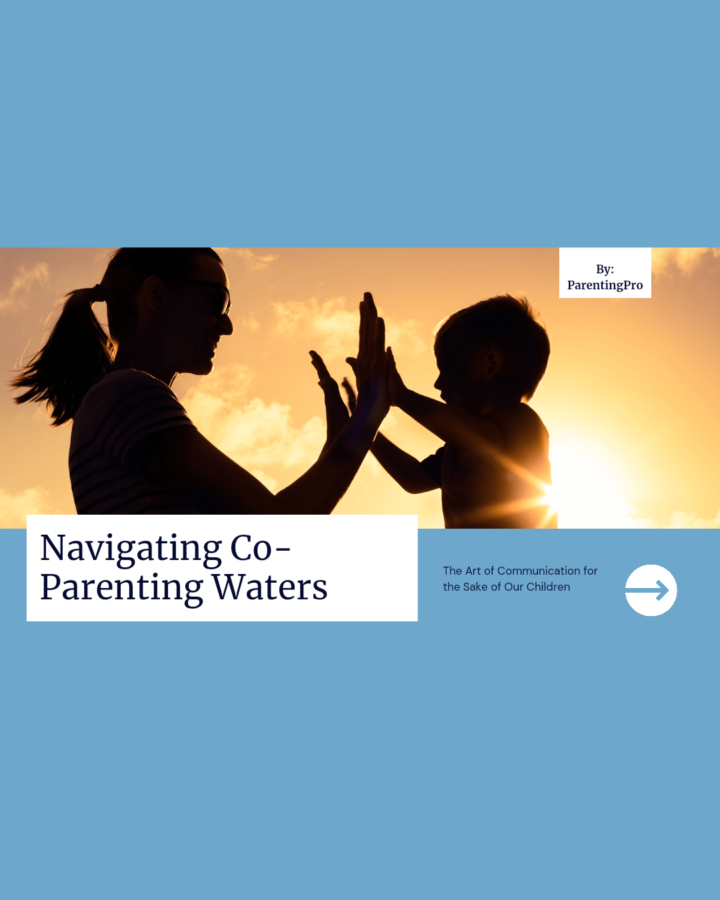
The Impact of Divorce on Children
Nurturing Resilience and Emotional Well-being
Divorce is a significant life event that can have profound effects on children. As parents navigate the complexities of separation and divorce, it’s essential to prioritize the emotional well-being and resilience of their children. In this blog post, we’ll explore the impact of divorce on children, discuss strategies for nurturing resilience, and offer guidance for supporting their emotional well-being during this challenging time.
Understanding the Impact:
Divorce can be a tumultuous and unsettling experience for children, regardless of their age. From feelings of confusion and insecurity to fear of abandonment and loss, children may grapple with a range of emotions as they adjust to the changes in their family dynamic. It’s crucial for parents to acknowledge and validate their children’s feelings, providing them with a safe space to express themselves and seek support.
Building Resilience:
Resilience is the ability to adapt and bounce back from adversity, and it’s a quality that can help children navigate the challenges of divorce. As parents, you can play a pivotal role in fostering resilience in your children by providing them with love, stability, and reassurance. Encourage open communication, validate their feelings, and emphasize the importance of coping strategies such as problem-solving, positive thinking, and seeking support from trusted adults.
Maintaining Routine and Stability:
Divorce often brings significant changes to children’s daily routines and living arrangements, which can contribute to feelings of instability and uncertainty. As much as possible, strive to maintain consistency and predictability in your children’s lives. Establishing and sticking to a regular routine can provide them with a sense of stability and security during this period of transition.
Encouraging Healthy Coping Mechanisms:
Children may struggle to cope with the emotional upheaval of divorce, and it’s essential to equip them with healthy coping mechanisms to manage their feelings effectively. Encourage activities that promote self-expression and stress relief, such as journaling, art therapy, or physical exercise. Teach them relaxation techniques, such as deep breathing or mindfulness meditation, to help them manage stress and anxiety.
Seeking Professional Support:
If you notice signs that your child is struggling to cope with the challenges of divorce, don’t hesitate to seek professional support. A qualified therapist or counselor can provide children with the tools and strategies they need to navigate their emotions and develop resilience in the face of adversity. Additionally, family therapy can offer a safe and supportive environment for parents and children to communicate openly and address issues collaboratively.

Fostering Positive Co-Parenting Dynamics:
Effective co-parenting is essential for supporting children’s emotional well-being during and after divorce. Strive to maintain a respectful and cooperative relationship with your co-parent, focusing on the best interests of your children. Keep communication lines open, establish clear boundaries, and work together to create a united front when it comes to parenting decisions and discipline.
Conclusion:
Divorce can be a challenging and emotionally fraught experience for children, but with the right support and guidance, they can emerge from it with resilience, strength, and emotional well-being. By acknowledging their feelings, fostering resilience, maintaining stability, encouraging healthy coping mechanisms, seeking professional support when needed, and fostering positive co-parenting dynamics, parents can help their children navigate this transition with grace and resilience. Together, we can create a supportive and nurturing environment where children can thrive despite the challenges of divorce.




